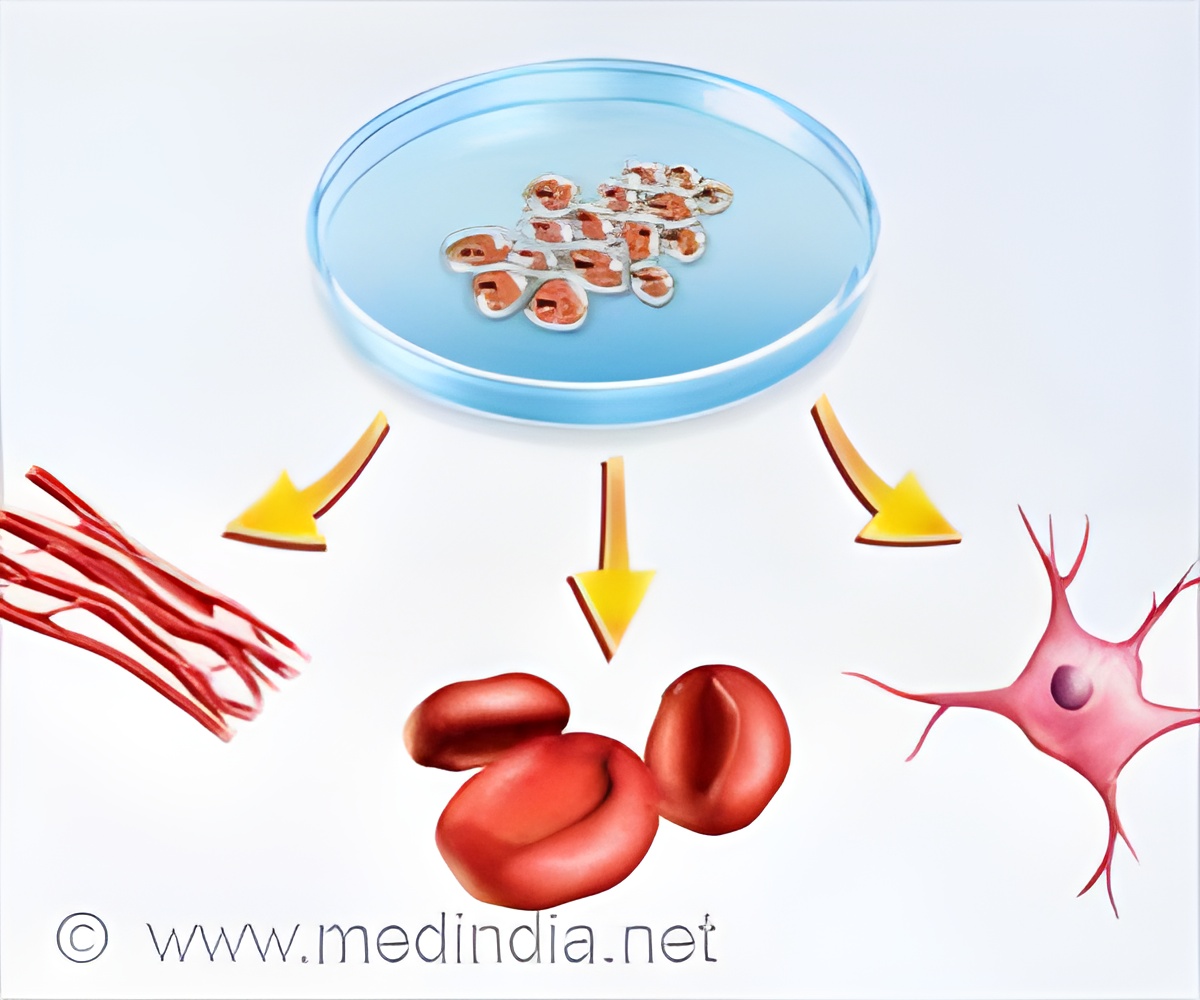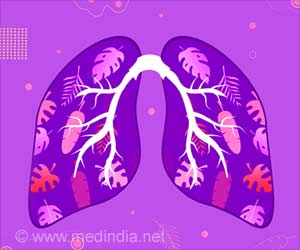Stem cell transplants do not lead to DNA changes of the donor cells. The researchers also found clues that an anti-virus drug could cause DNA changes.

‘Stem cell transplantation is an important part of treatment for some children with leukemia. The DNA of transplanted stem cells could be unstable – but the exact effect of stem cell transplantation on DNA was not yet known.’





Safety of bone marrow transplants Researchers in the Van Boxtel group at the Princess Máxima Center for pediatric oncology looked at the entire DNA of blood stem cells in 9 patients who had undergone a stem cell transplant. They compared the number of changes in the DNA of these cells with those in blood stem cells from healthy donors.
They found that the majority of transplanted blood stem cells did not contain a higher number of mutations than those of healthy donors. This offers important evidence for the safety of stem cell transplants.
The research was published today (Tuesday) in the journal Cell Stem Cell, and was supported by funders including NWO and the European Research Council.
Unknown 'scar' in DNA
Advertisement
In this way, the scientists discovered 9 more patients with this DNA scar in their cancer. The researchers noticed that all of these patients had been treated with the drug ganciclovir. This is a medicine used to treat serious viral infections in people with a severely weakened immune system, such as patients who have had a stem cell transplant. Interestingly, the team also discovered this DNA scar in adults with solid tumors, who had had a kidney transplant earlier in life and were then treated with ganciclovir.
Advertisement
To investigate whether ganciclovir truly caused changes in DNA, the team exposed cultured blood stem cells in the lab to ganciclovir. In this experiment they indeed saw that the drug caused the scar in the DNA they found earlier. Ganciclovir also led to changes in genes known to cause cancer.
The team then tested another anti-virus drug. This medicine, foscarnet, is also used to treat viral infections after stem cell transplantation, but is not tolerated long-term in most patients because of side effects on the kidneys. In tests on cells in the lab, foscarnet did not cause extra DNA changes or the DNA scar that the researchers had found with ganciclovir.
Further research in larger groups of patients and in the longer term is now needed to better understand the effect of ganciclovir on DNA.
Dr. Ruben van Boxtel, principal investigator at the Princess Máxima Center for pediatric oncology and leader of the study, said:
‘Thanks to new techniques to unravel the entire genetic make-up of tumors, we discovered that an antiviral drug could have a carcinogenic effect.
‘The exact effect of the scar that ganciclovir leaves behind in the DNA is still unclear. In what way these DNA changes can lead to cancer, and how strong that effect is, still needs to be investigated.
‘There are currently more than 30 of these types of anti-virus drugs on the market, which are used to fight infections with various viruses. Our new study underscores the need to investigate which of these agents are or aren’t harmful to the DNA of our cells.’
Dr. Mirjam Belderbos, pediatric oncologist and principal investigator at the Princess Máxima Center for pediatric oncology, and co-author of the study, said:
‘It is reassuring to know that stem cell transplantation, a treatment for children and adults with leukemia and other blood disorders, usually leaves no scars in the DNA of the transplanted stem cells.
‘Thanks to this research, we now know that treatment with ganciclovir after stem cell transplantation could have long-term side effects in some patients. It is important to further investigate how often ganciclovir leads to DNA changes, and in which patients.
‘Virus infections after a stem cell transplant can be serious and sometimes life-threatening. There is currently no good alternative to ganciclovir. We’re keeping a close eye on developments in the field of new medicines.’
Source-Eurekalert















